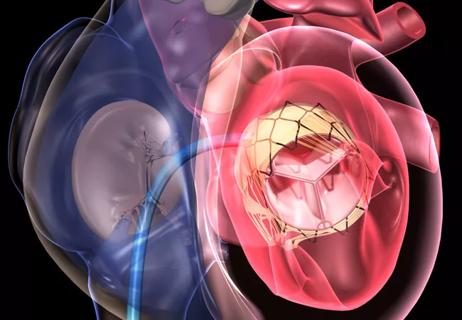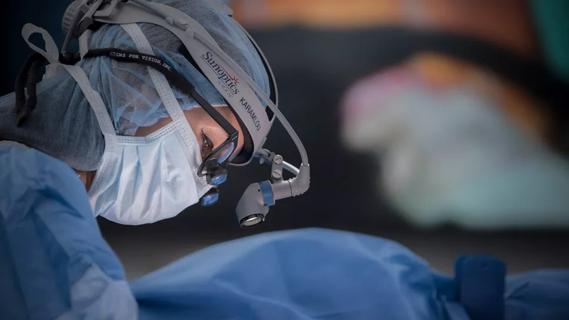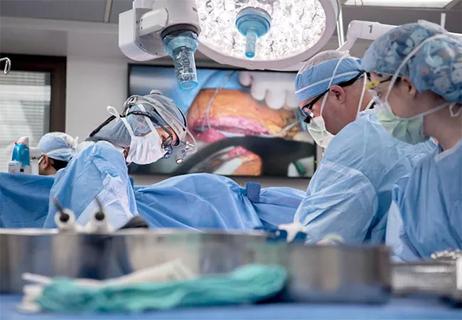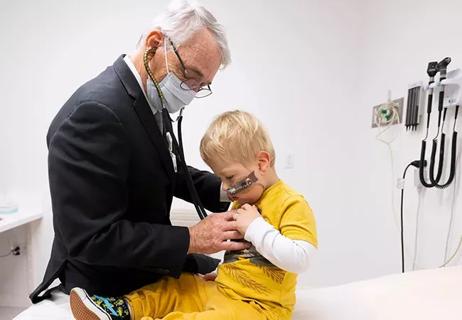
Innovative hardware and AI algorithms aim to detect cardiovascular decline sooner

Reproducible technique uses native recipient tissue, avoiding risks of complex baffles

Survival is improving, but the youngest patients still face disproportionate risk

Panel proposes staging and treatment protocols that support harmonized evaluation and management of heart failure in patients with congenital heart disease
Advertisement
Cleveland Clinic is a non-profit academic medical center. Advertising on our site helps support our mission. We do not endorse non-Cleveland Clinic products or services. Policy

Cleveland Clinic case series demonstrates feasibility and safety

Expert panel advises a two-tier structure for surgical centers

What factors can be modified to improve outcomes?

Surgeons discuss the vexing issue of fragmented care paradigms

Case details, patient outcomes and lessons learned

New findings on aortic root position and features may lead to safer valvar surgery
Advertisement
Advertisement